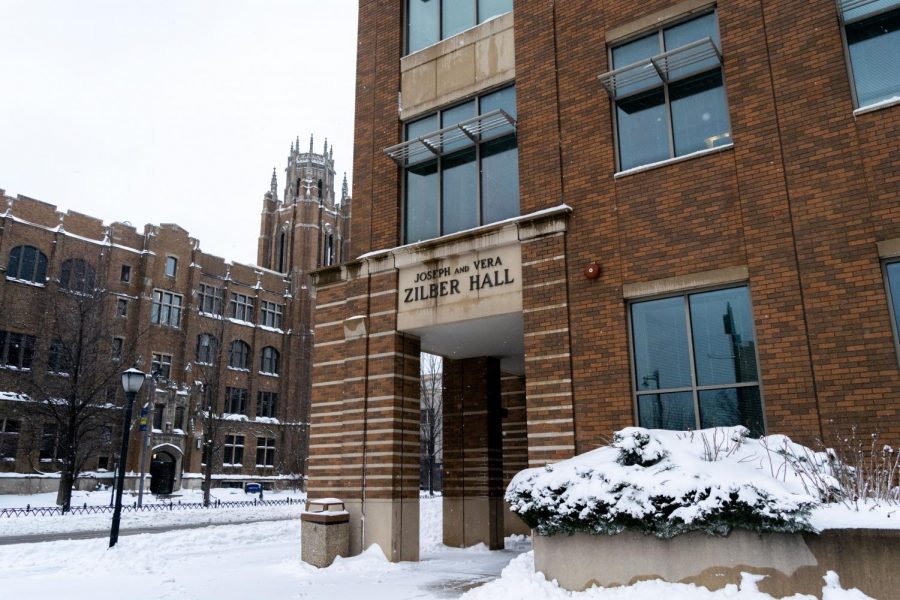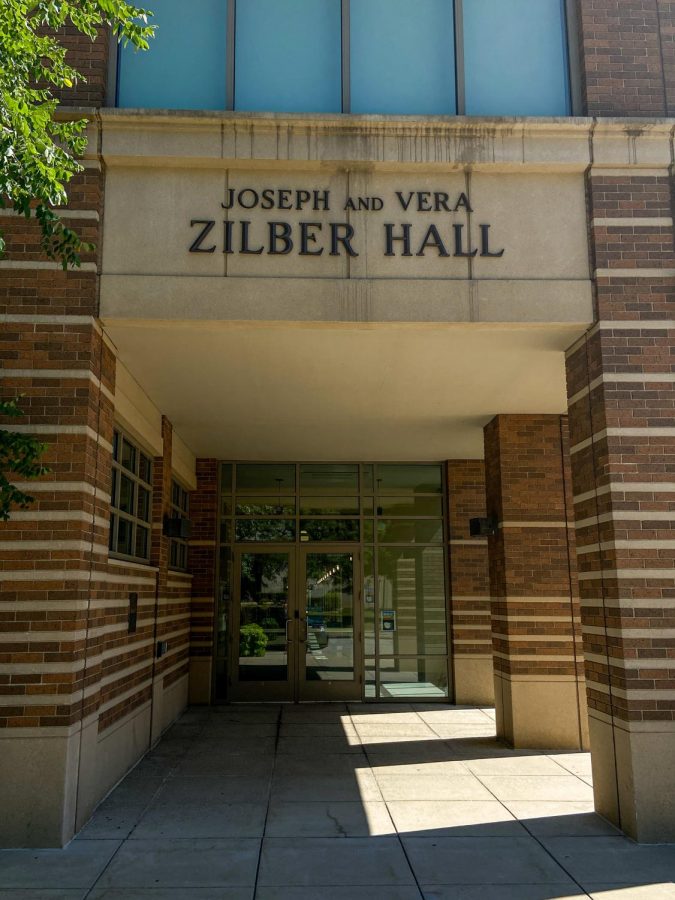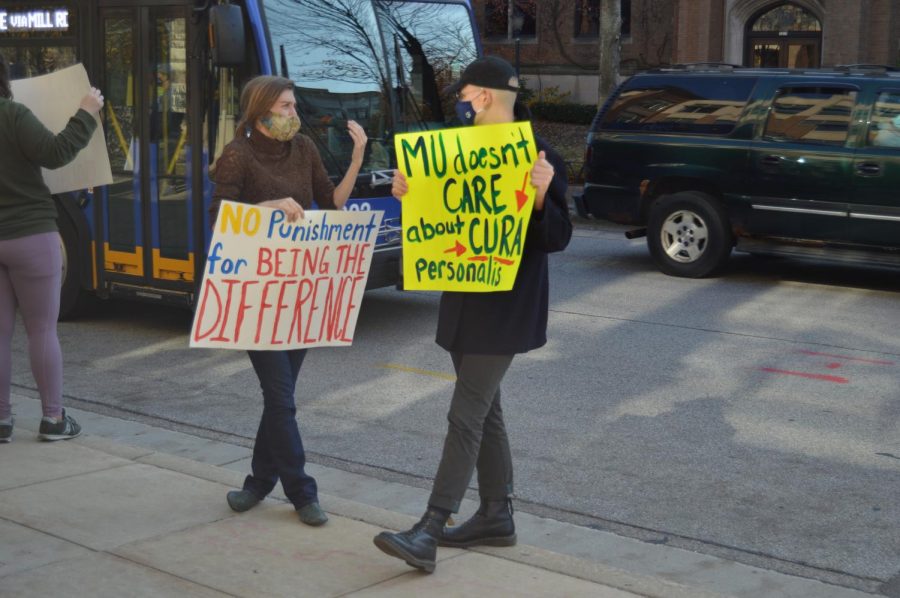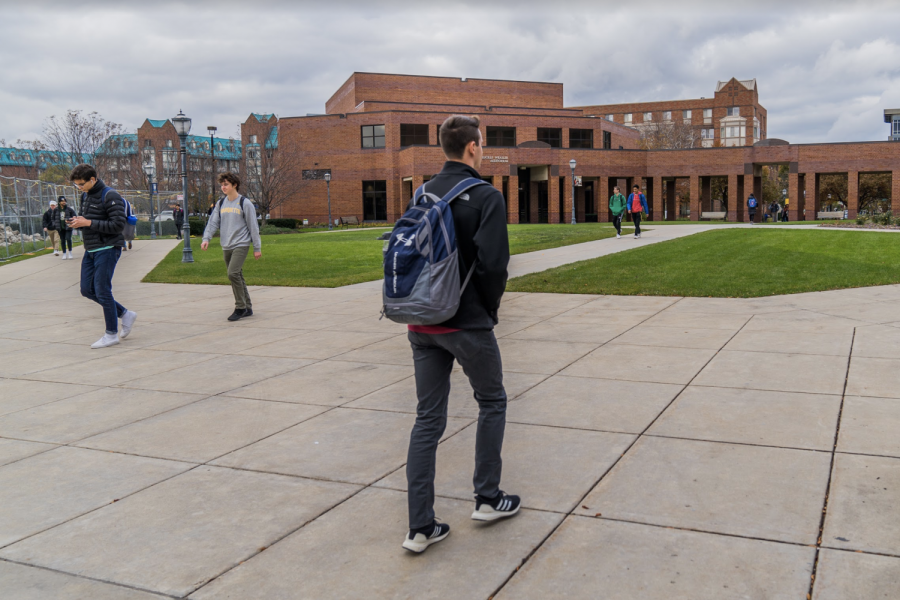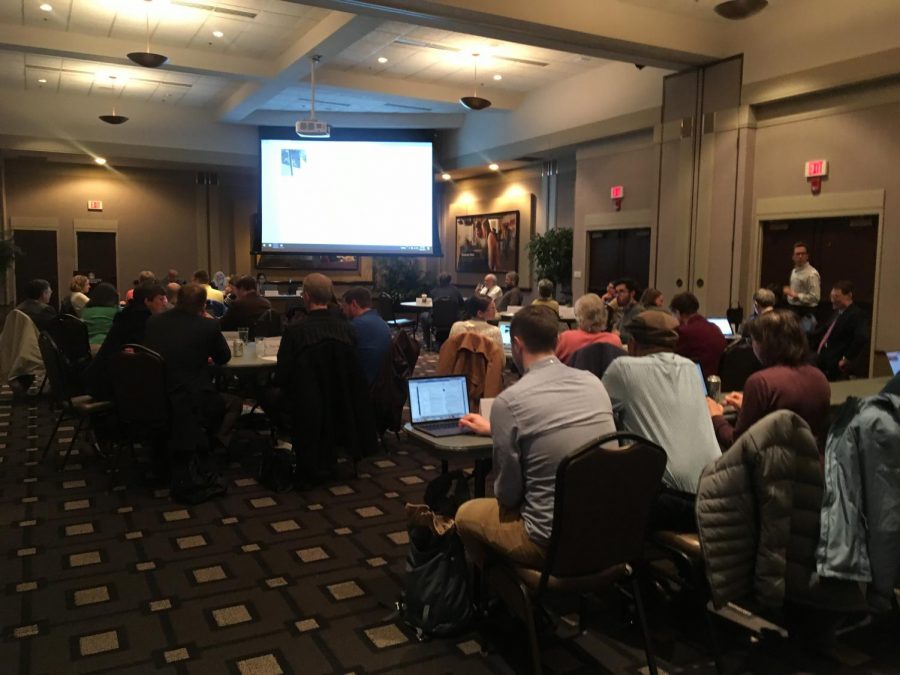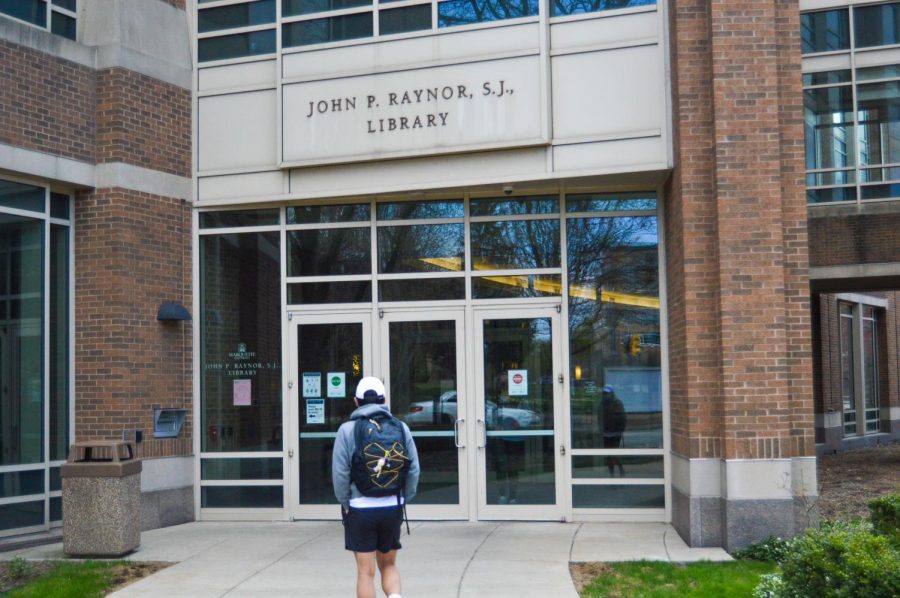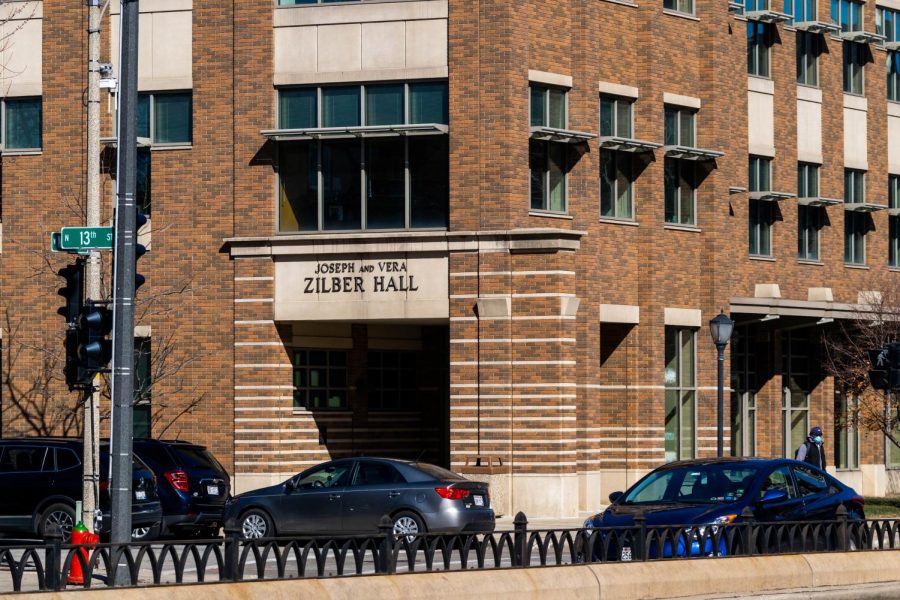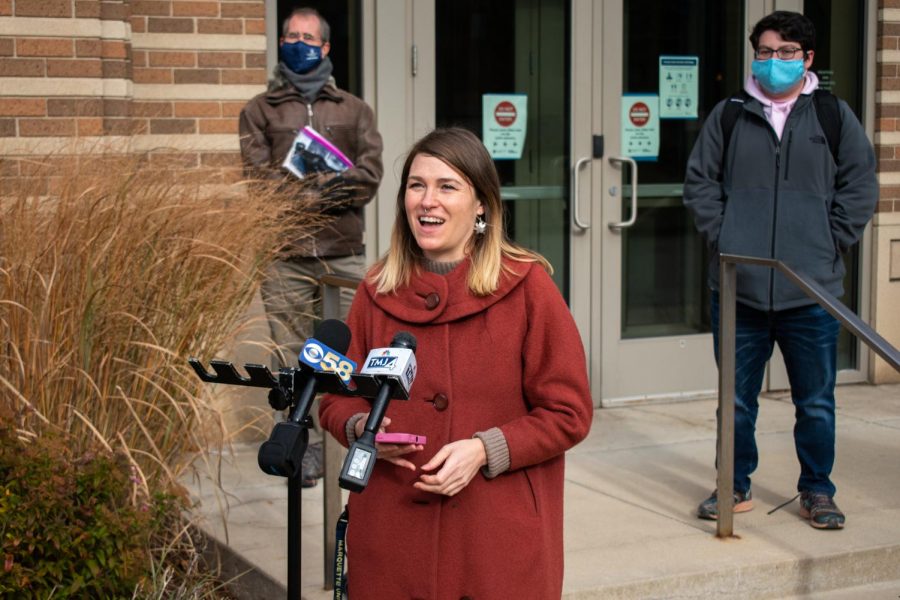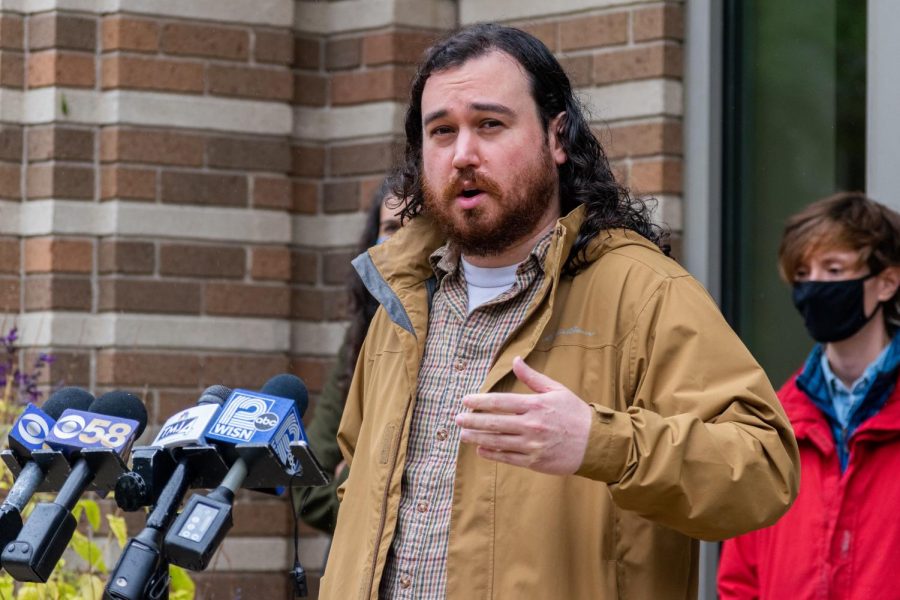Marquette is set to receive $9.7 million in federal relief as the result of the COVID-19 pandemic. However, university leadership has struggled to be transparent about a number of issues, including recent layoffs, the Office of International Education and the university’s overall fiscal standing. Many faculty members and the greater Marquette community are concerned with how this stimulus money will get used and if faculty input will be taken into consideration.
Of the $9.7 million, approximately $3.3 million is designated to go directly to students. But the other $6.4 million can be used for institutional relief. The initial Coronavirus Aid, Relief and Economic Security Act limited exactly what the institutional portion of the relief could be used for. Since then, the Coronavirus Response and Relief Supplemental Appropriations Act has been passed.
“I think the most important thing going forward is, how are faculty going to be included in decisions about how the university uses that institutional portion of the relief fund,” Philip Rocco, an assistant professor of political science, said.
The new act greatly increases the flexibility for the use of funding. Institutions can now use it to make up for expenses related to the COVID-19 pandemic, “including lost revenue, reimbursement for expenses already incurred, technology costs associated with a transition to distance education, faculty and staff training and payroll.”
Many faculty are concerned that the administration has not been in proper consultation with faculty and faculty workgroups in the past about university decisions. An example of this is the recent elimination of 39 employees as a result of budget issues within the university.
“The faculty workgroups that were supposed to have some kind of say in the way Marquette responded financially to this budget shortfall were not consulted about, and did not recommend, Marquette’s most significant action to-date to address that shortfall: firing 39 people,” Brittany Pladek, an assistant professor of English, said in an email.
Doug Smith, an assistant professor of practice and president of the university’s chapter of the Association of American University Professors, said he believes there was not sufficient communication from the university leadership.
“From AAUP’s perspective there really wasn’t notice to the Academic Senate or the broader faculty community about those layoffs that involved the academic programs,” Smith said.
Another example of the university’s lack of consultation with faculty comes from the the Office of International Education. The Office of International Education has gone through significant downsizing. Yet, in a Jan. 27 news release the university reaffirmed their commitment to international education.
“They were at 16 (employees) last summer, they’re at eight today. That would suggest perhaps there’s not a commitment, which is why the university leadership felt the need to come out and say we affirm our commitment,” Smith said.
Just like the faculty layoffs, AAUP believes that there was not enough consultation with faculty members about the changes within the Office of International Education.
“AAUP suggests or wants consultation in the process of downsizing, or rightsizing those kinds of offices. Because the Office of International Education is definitely tied to a lot of academic programs, AAUP, or shared governance, suggests that we should have a role or a voice, or at least consultation before they cut an office like that in half,” Kirsten Foster, an associate professor of history, said.
While, the faculty work groups and the university Academic Senate make recommendations, not final decisions, there has still been a disconnect between them and the university leadership.
“Typically, in the best case scenario, there is a process in place where there is a designated group of faculty who are consulted about the final decisions that are made by the executive leadership team and there is some accountability there when your recommendations depart from those of the faculty,” Sameena Mulla, an associate professor of social and cultural sciences, said.
When it comes to the stimulus funds, faculty are concerned with how the university will take faculty input and recommendations into account.
“There’s been kind of a tradition of one-way communication and not true consultation that the AAUP recognizes as constituting meaningful shared governance,” Mulla said.
The university hasn’t been in proper contact or consultation with faculty or the greater Marquette community about the faculty layoffs, the Office of International Education or the university’s overall fiscal standing.
With the recent fiscal year 2022 budget there wasn’t much or any consultation with faculty about the university’s financial shortfalls.
“There are lots of aspects of this process that we believe should have been disclosed to the Academic Senate for their consultation and advice. That includes the timeline for making decisions about the budget, that includes how much of the budget reductions should be taken from academic programs and how much should be taken from non-academic programs,” Smith said.
There has also been a lot of miscommunication about the $40 million shortfall that the budget shows and what exactly the university is attributing that shortfall to. In the Jan. 25 Academic Senate meeting, Provost Kimo Ah Yun declined to say that the budget shortfall was due to the COVID-19 pandemic.
But in a Jan. 28 news release, the university said that “Marquette has experienced over $40 million of pandemic-driven financial losses from lower enrollment, increased financial aid, health and safety costs, de-densification of residence halls and lost athletics revenues.”
Smith said shared governance can help faculty and the greater Marquette community understand the university’s standing and how to adjust for the future.
“It’s really hard to know what the actual numbers are because we don’t always get the full information,” Smith said. “Giving the opportunity for input or feedback and telling us what they’re doing which sometimes lets people avoid having to answer tough questions, like exactly what they are attributing the cause to, which helps to decide whether this is a short-term or long-term problem.”
The university has not been in proper consultation with faculty in the past. There’s still a lot of questions surrounding if and how the university will take into account faculty recommendations on how to use the stimulus funds when they haven’t taken their recommendations in the past.
This story was written by Megan Woolard. She can be reached at megan.woolard@marquette.edu.


